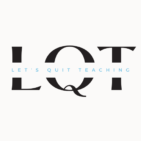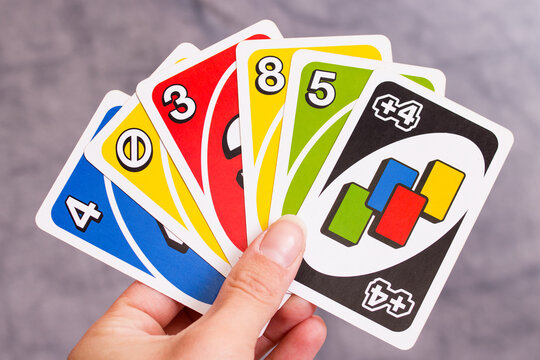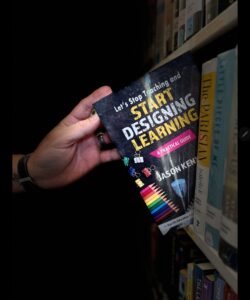I remember visiting my grandparents every summer growing up. The one nightly ritual my grandmother and I had was a shared game of Uno. It was the first card game I ever learned to play as a kid. Nothing delighted me more than seeing several Skips, Draw-Two and Draw Four Wild cards appear as I fanned out the cards in my hand. In education, it’s easy for schools and educators to feel overwhelmed by the challenges we face daily. These challenges often lead us frustrated to say the least, with the temptation to blame learners, parents, or the community for the difficulties we encounter. However, much like the unpredictable nature of any card game, like Uno, educators must recognize we cannot control the “cards” we are dealt. Instead, we must focus on how we play our hand to create a positive and enriching learning environment for all.
The Cards We’re Dealt: Acceptance and Adaptation
In Uno, players start the game with a hand of random cards. Some hands may seem advantageous, while others appear challenging from the outset. Similarly, educators cannot choose the learners, parents, or community circumstances we get. Each learner comes with their unique set of strengths, challenges, and backgrounds. Rather than lamenting the cards we’ve been dealt, educators must accept and adapt to these circumstances, much like strategizing with an unexpected hand in Uno.
In the classroom, this means recognizing and valuing the diversity of learner experiences. Just as a skilled Uno player assesses the hand and plans their moves accordingly, as effective educators, we assess the needs and strengths of our learners to tailor our teaching strategies. This might involve differentiating instruction, seeking out additional resources, or collaborating with colleagues to find the best approach for each learner. By embracing the variety of “cards” in our classrooms, educators can create an inclusive and supportive environment where all learners have the opportunity to succeed.
Playing the Wild Cards: Embracing Change and Flexibility
Uno is known for its Wild Cards, which can dramatically alter the course of the game. These cards introduce an element of unpredictability, requiring players to remain flexible and adapt their strategies on the fly. In education, unexpected changes and challenges are a constant. Whether it’s new educational policies, shifts in learner demographics, or even events like a global pandemic, educators must be prepared to pivot and adjust our approaches.
You know what I learned playing Uno? A good player uses Wild Cards to their advantage, and we can do the same in schools. Educators can view these changes as opportunities for growth and innovation. For instance, the rapid shift to remote learning during the COVID-19 pandemic forced schools to rethink our teaching methods and embrace technology in new ways. This adaptability not only helped maintain educational continuity but also opened new avenues for engaging learners. Now, think about the Wild Card that is AI in the same light. By embracing change and maintaining a flexible mindset, educators can turn potential obstacles into opportunities for improvement and progress.
Collaborating with Fellow Players: Building a Supportive Community
Uno, even though it literally means ONE, is a game you do not play alone. It is a game of strategy; it’s a game of interaction. Players must navigate their relationships with other players, sometimes working together and other times competing. In education, the importance of collaboration and community cannot be overstated. Educators, learners, parents, and community members all play crucial roles in the educational process, and fostering strong, positive relationships among these stakeholders is key to creating a thriving school environment.
Building a supportive community in schools involves open communication, mutual respect, and shared goals. Just as Uno players must be aware of each other’s moves and strategies, educators should actively engage with parents and the community to understand their perspectives and collaborate on solutions. This might involve parent conferences, community outreach programs, or creating platforms for learner voices to be heard. By working together and supporting one another, educators and their communities can create a more cohesive and effective educational experience.
Playing Our Cards Wisely
The game of Uno teaches us that while we cannot control the cards we are dealt, we can control how we play them. In education, this means accepting the diversity of learners, embracing change, and fostering collaboration within the community. By focusing on these principles, we can create a learning environment that is resilient, adaptable, and supportive, ensuring that all learners have the opportunity to succeed, regardless of the challenges they face. Just like in Uno, the key to winning in education is not the hand you start with, but how you choose to play it.


